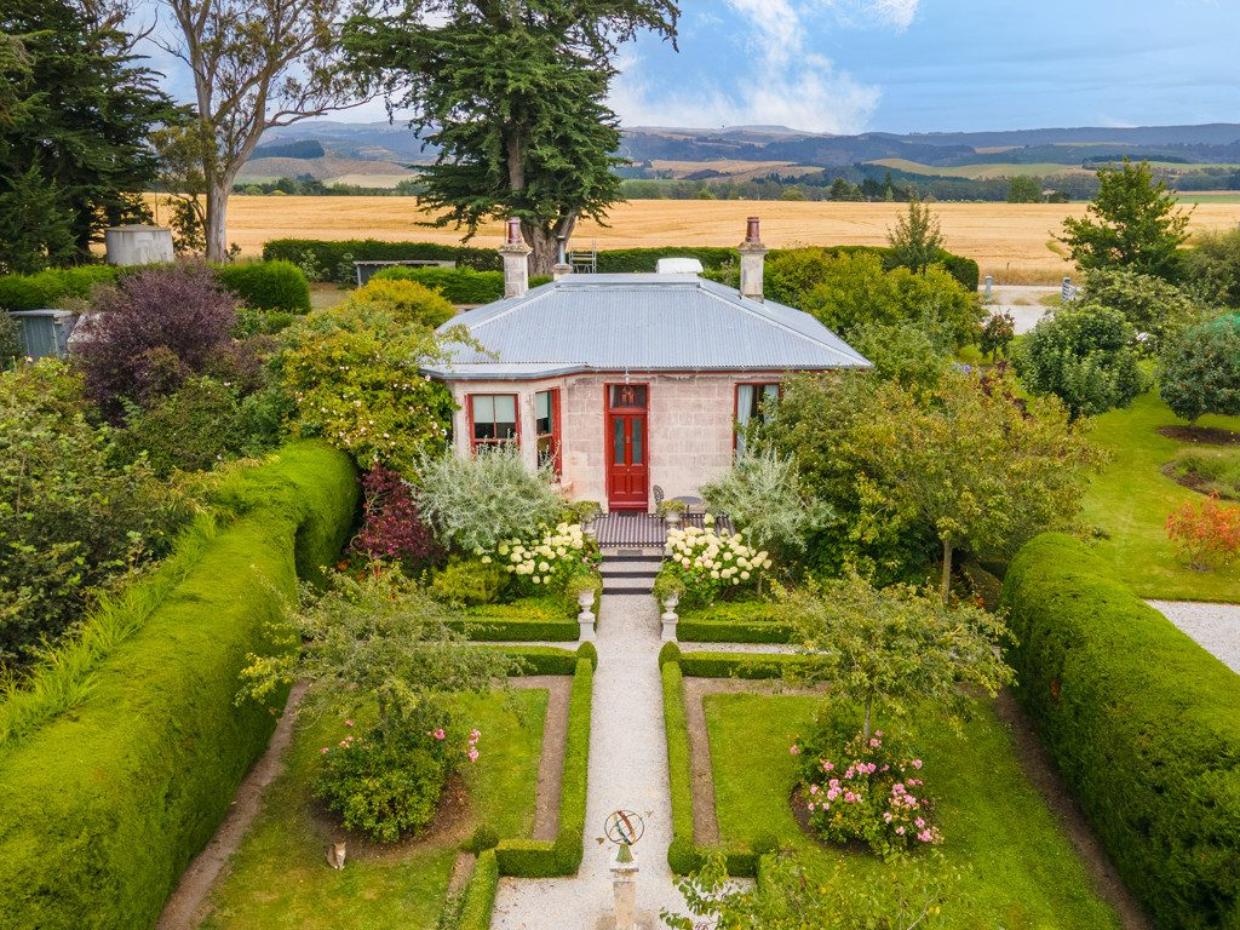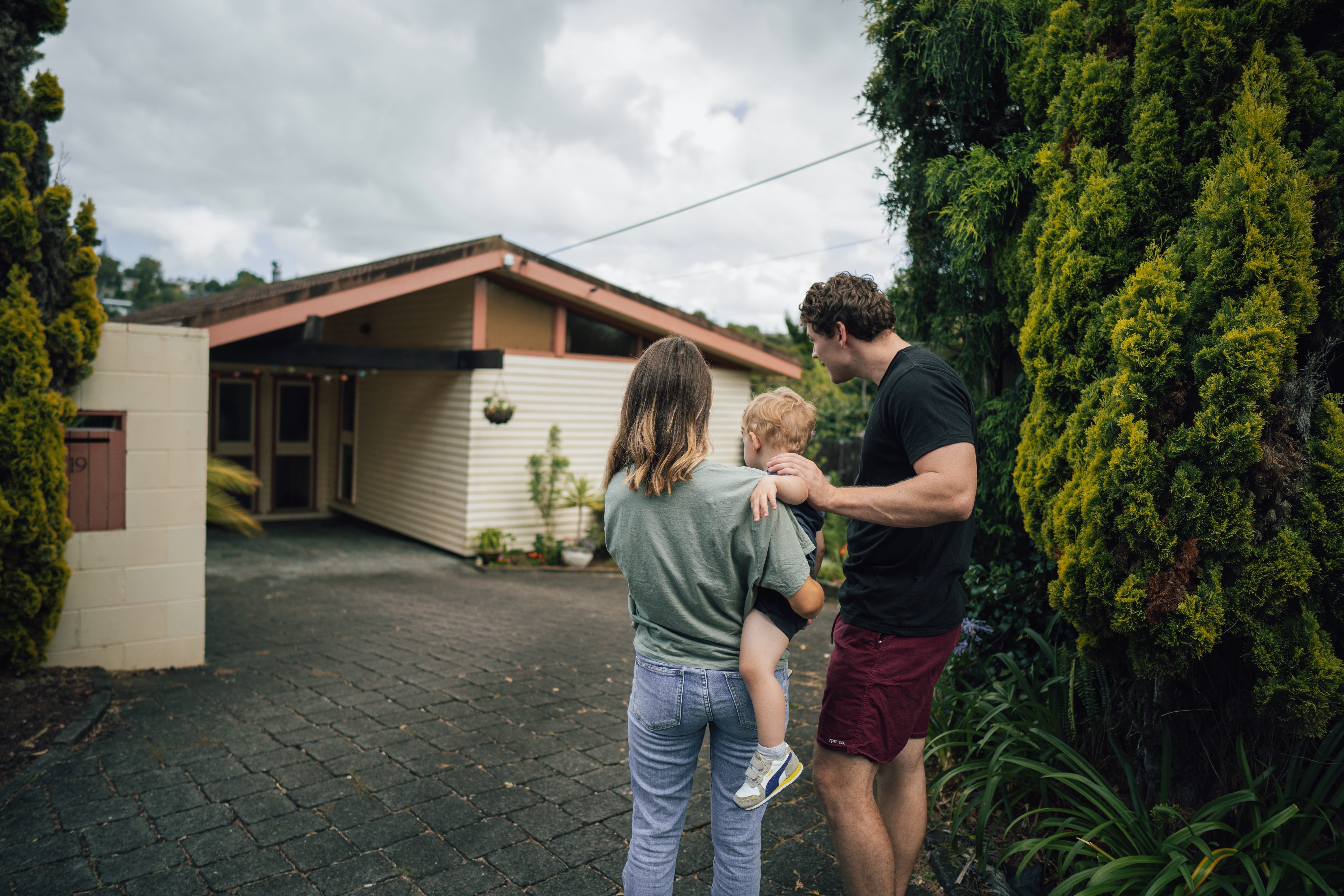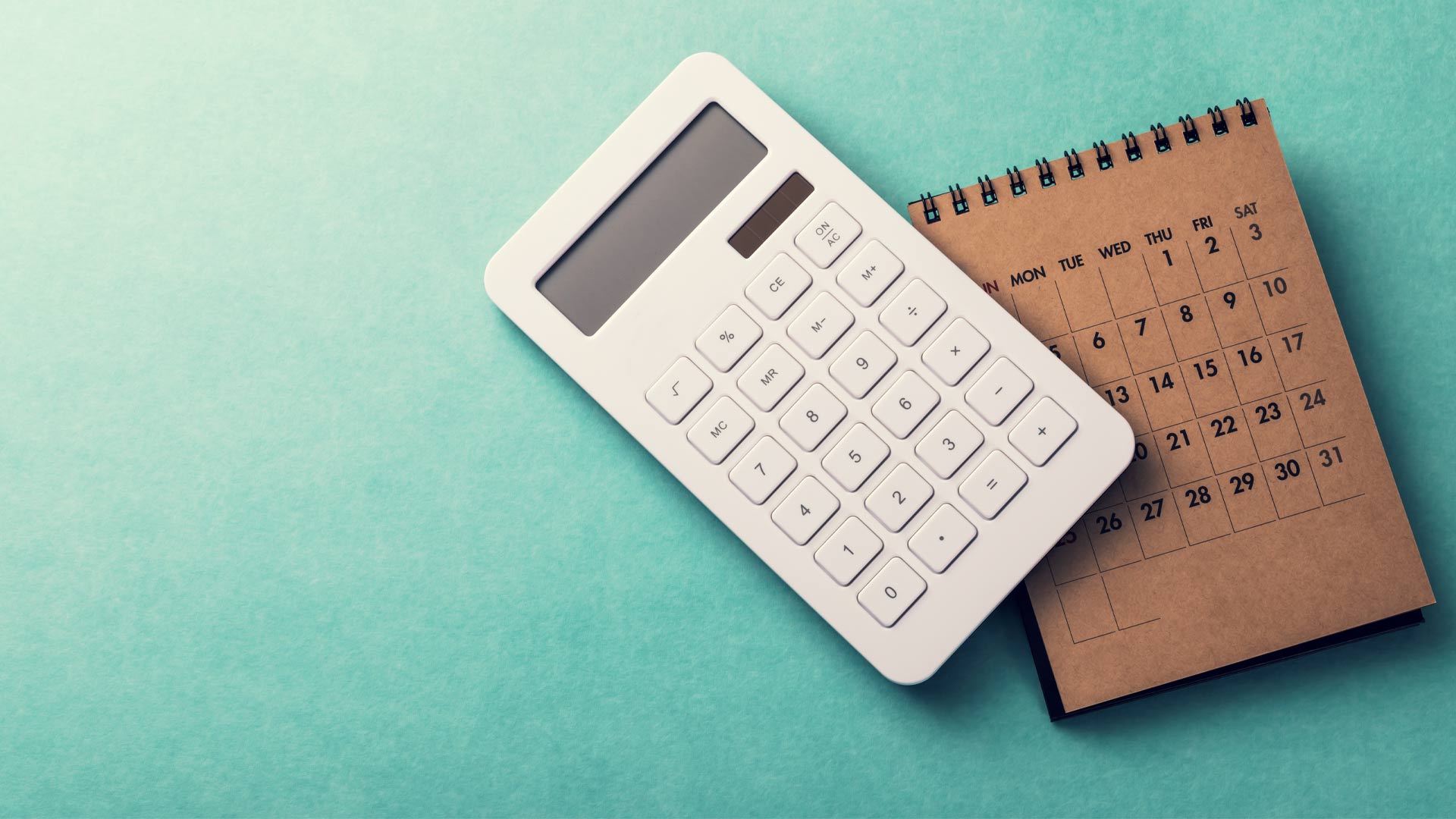Renting Guide
A guide to renting a house in NZ
A start to finish guide to property rental in New Zealand.
Steps for renting a house for the first time
1. Work out your budget
Drawing up a budget is key when renting a home in New Zealand.
2. Search for properties
Using filters to refine your search should help you find the most suitable rentals for you.
3. Attend some property viewings
Don't be afraid to ask plenty of questions when viewing a rental property.
4. Make your property application
Writing a cover letter is one way you can make your rental application stand out.
5. Sign the agreement and do a move-in inspection
6. Pay the bond
7. Move in
Find your dream rental property
Search homes for rent across New Zealand using Trade Me Property today!
Search now Discover More

Derelict for 40 years: 1860s cottage beautifully restored by ‘hopeless romantics’
John and Janet Adams have renovated this historical cottage into a cosy haven that honours its rich past

‘People knock on the door because it’s such an amazing spot’: Coffee industry hotshot selling waterfront home
Peek inside Wellington architecturally designed waterfront home
Search
Other articles you might like









